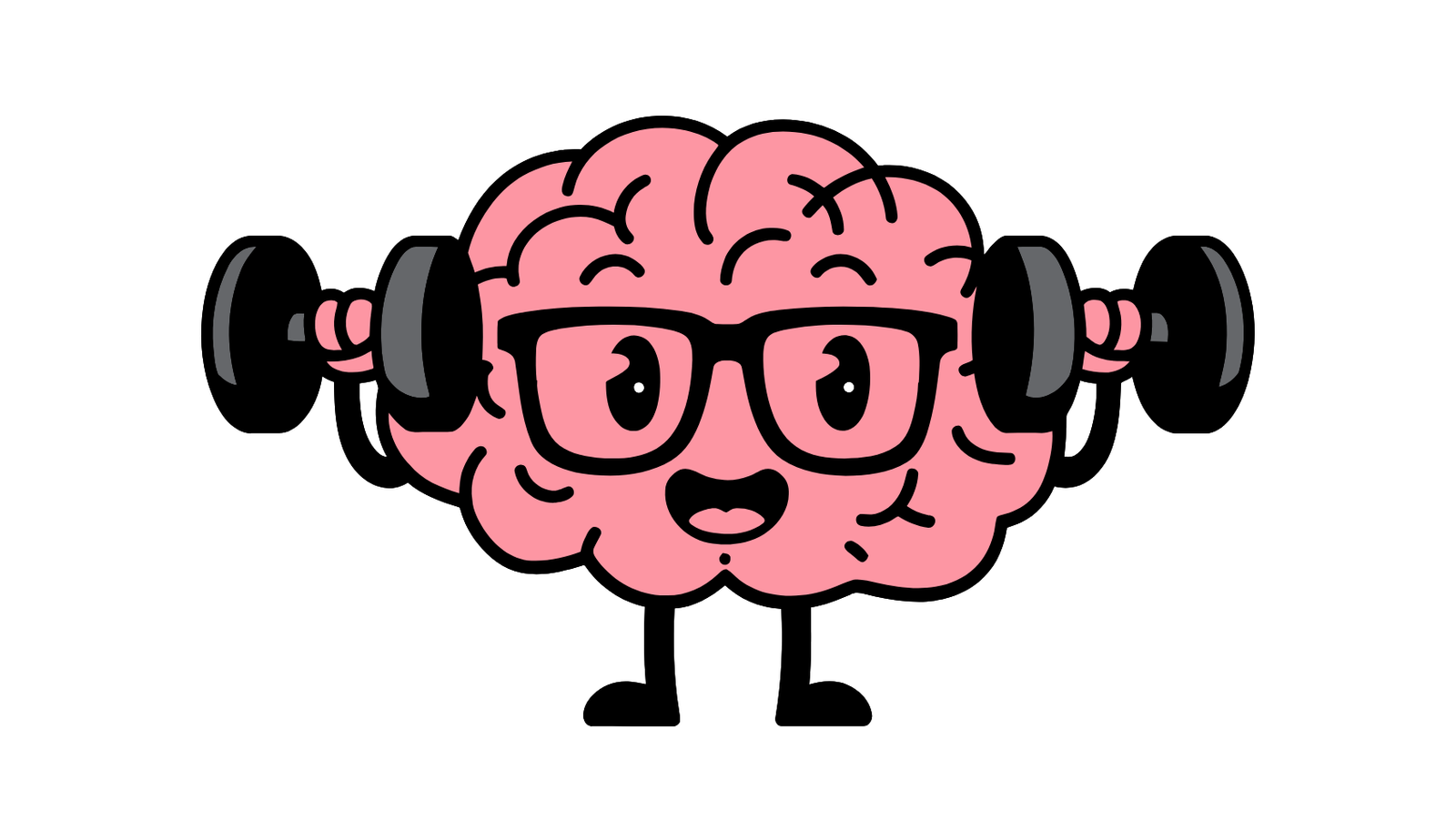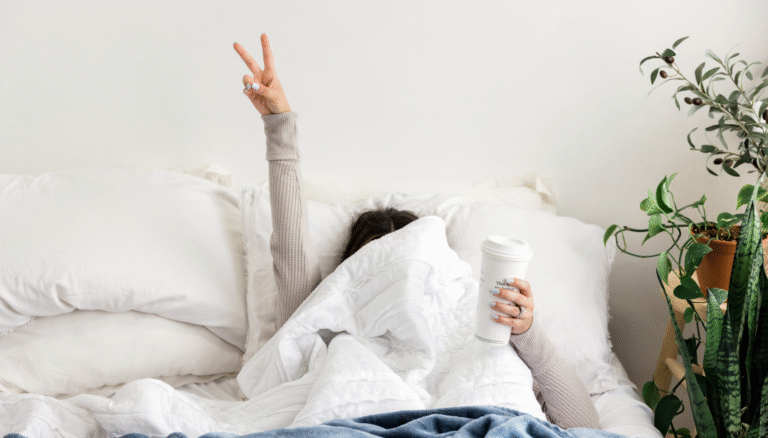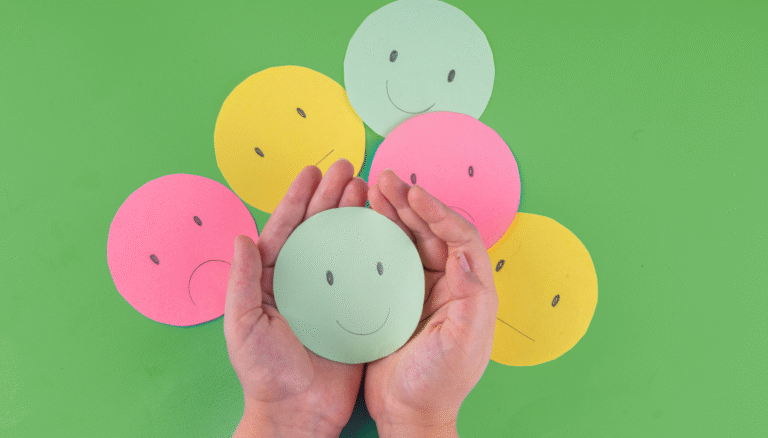Ideas to Improve Mental Health: Simple, Friendly Strategies for a Happier Mind
Feeling stressed, overwhelmed, or just not quite like yourself? You’re definitely not alone; mental health is a journey we all navigate, and finding practical ideas to improve mental health can make a world of difference. Think of your mind like a garden: it needs regular care, sunlight, and nourishment to thrive. The good news is that small, consistent changes can transform how you feel without needing a complete life overhaul. Whether you’re dealing with daily anxiety, low energy, or just want to feel more resilient, these friendly, professional, and totally doable strategies are here to help you cultivate a calmer, happier state of mind starting today.
- Make sleep a non-negotiable priority because quality rest is foundational for mental clarity and emotional stability. Aim for 7-9 hours nightly by creating a calming bedtime routine—dim the lights an hour before bed, avoid screens, and try reading or gentle stretching to signal to your body that it’s time to wind down consistently.
- Move your body in ways you genuinely enjoy since physical activity releases endorphins, those natural mood boosters, so whether it’s dancing in your living room, walking in nature, or a yoga session, find something fun that fits your schedule and stick with it regularly.
- Nourish your brain with balanced meals focusing on whole foods like fruits, vegetables, lean proteins, and omega-3-rich fish, which support brain function and stabilize energy levels, while cutting back on excessive sugar and processed snacks that can cause mood crashes.
- Practice mindfulness or meditation daily even if it’s just for five minutes using a free app or focusing on your breath; this simple habit trains your brain to stay present, reduces rumination, and builds resilience against daily stressors over time.
- Connect meaningfully with others by reaching out to friends, joining a club, or volunteering, as strong social ties reduce isolation and provide emotional support, making challenges feel more manageable and less overwhelming.
- Set small, realistic goals like tidying one corner of a room or taking a short break during work; accomplishing these builds confidence and momentum, preventing the paralysis that comes from aiming too high too quickly.
- Schedule regular digital detoxes by setting phone-free zones or times, especially during meals or before bed, to reduce comparison fatigue and information overload, giving your mind space to recharge.
- Express yourself creatively through journaling, painting, music, or any outlet that feels good; this processes emotions non-verbally and can uncover insights you might not notice otherwise.
- Spend time outdoors daily soaking up natural light and fresh air, which regulates sleep hormones like melatonin, lowers stress hormones like cortisol, and instantly lifts your perspective.
- Seek professional support without hesitation if feelings persist or interfere with daily life; talking to a therapist or counselor is a proactive, strength-based step, just like seeing a doctor for physical health.
Wrapping this up, trying even one or two of these ideas to improve mental health can create positive ripple effects in your life—it’s not about perfection but progress and finding what resonates uniquely with you. Start small, celebrate tiny wins, and remember that mental wellness is an ongoing practice, not a destination. You’ve got the tools now; be patient with yourself as you build these habits.
Frequently Asked Questions
What are quick ideas to improve mental health during a busy day?
Try micro-breaks: step outside for two minutes of deep breathing, listen to a favorite song, or text a friend a quick thank-you—these tiny pauses reset stress levels and boost focus instantly.
How do ideas to improve mental health help with anxiety?
Strategies like mindfulness, physical activity, and quality sleep regulate your nervous system, reducing the “fight or flight” response and creating a calmer baseline over time.
Can diet really affect mental health?
Absolutely! Nutrient-rich foods (like leafy greens, nuts, and berries) fuel brain chemicals that govern mood, while poor diets high in sugar can worsen inflammation and anxiety symptoms.
When should I seek professional help alongside these ideas?
If low mood, anxiety, or fatigue last more than two weeks, or if they impact work, relationships, or daily tasks, reach out to a therapist or doctor for tailored support—it complements these self-care strategies beautifully.
How long before I see results from these mental health ideas?
Some benefits, like stress relief from a walk or mindfulness, are immediate; others, like better sleep or mood stability from consistent habits, build noticeably within 2–4 weeks.
You can also read about..
31 Tips to Boost Your Mental Health
5 steps to mental wellbeing
Caring for Your Mental Health




